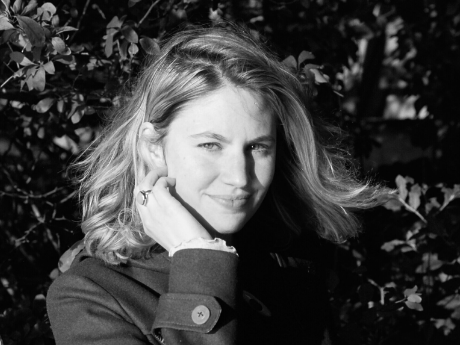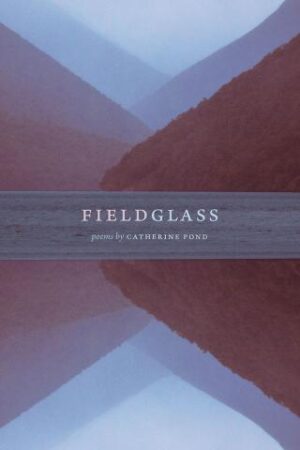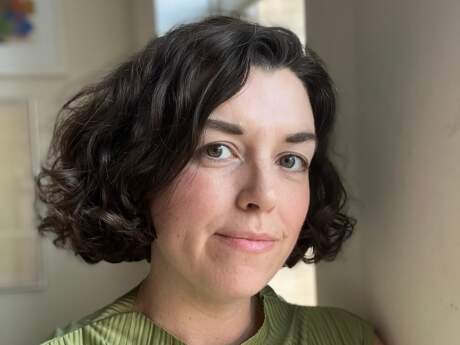In Their Own Words
Catherine Pond on “The Gallery”

The Gallery
This painting doesn’t get any less ugly
the longer I look at it,
but it’s mine. My sadness, my voice
cracked in half,
bright wound around which darkness
arranges itself, like flowers
along the highway—color
at the end of long sadness—
Have you ever walked through years of rooms
of dark canvases
wanting to die?
If so, you know how I feel.
I want to be back in the city,
years from now,
all the dead hearts washed clean by rain.
If I hadn’t spent those six seasons
covered in snow
I wouldn’t recognize the terrible
burst of hope
in a slash of pink paint––
Georgia in summer, the smell of hydrangea
rotting in the sun. Sweet
and punishing.
If I love you the way I love myself,
I will be ruthless.
Rothko said it was his brightest paintings
that indicated deepest grief.
I never was good at letting go.
By now you know
it is raining. By now you know
I have entered
the room.
From Fieldglass (Southern Illinois University Press, 2021). Reprinted with the permission of the author.
On “The Gallery”
“The Gallery” appears halfway through my first book, Fieldglass. Art has played a role in my life since I was little—both my parents are artists. My father is a painter and I spent my first five years in a loft he’d acquired via squatting rights, living alongside his easels. My mother’s career carried her elsewhere, though she trained as an artist and still makes beautiful portraits. Knowing someone intimately, in two ways at once, is a complex and deep connection. I know my parents as my caretakers and companions, and I also know them in the world without me, as they appear in their art, even as they were before me. For writers, too, there’s a record of the life you’ve lived in your work. Sometimes you wish you could erase it. Loving another writer or artist romantically is complicated. You fall in love twice—once, with the artist, and once, with the person. Then you grapple with the lives they’ve lived before and alongside you, which they have carefully recorded, and in turn, they grapple with the lives you’ve lived. This is a poem that doesn’t shy away from indicting myself in this dynamic: “If I love you the way I love myself, I will be ruthless.” Love, heartbreak, poetry, and visual art are intertwined for me. I think “The Gallery” plays with these overlaps and speaks to the ways in which art and poetry insulate me from pain in a way nothing else really could. Love sustains, inspires, and devastates. But the soul is solitary. At the end of the poem, it’s just the speaker and the reader, alone in a room.



